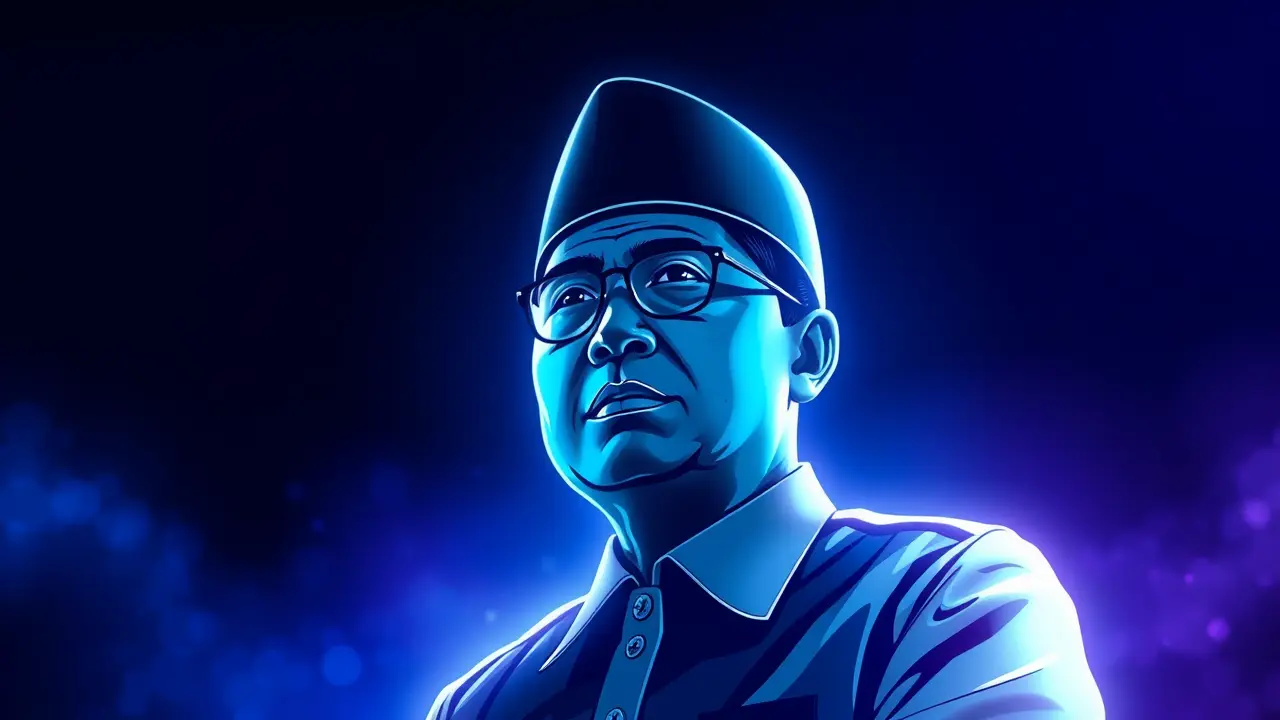
Politicscourts & investigations
Indonesia's Debate Over Naming Suharto a National Hero.
RO
Robert Hayes
3 hours ago7 min read
The conferral of Indonesia's highest national honor, the status of National Hero, upon former President Suharto by his onetime son-in-law, President Prabowo Subianto, has ignited a profound and deeply unsettling debate about the nation's historical memory and its enduring struggle to reconcile transformative development with systemic repression. This move, executed with the solemnity of state ceremony, is not merely a posthumous award; it is a deliberate act of historical revisionism that forces a nation to confront the ghost of its authoritarian past.Suharto's 'New Order' regime, which held sway from 1966 to 1998, was a study in stark contrasts. On one hand, his government is credited with overseeing decades of remarkable economic stability and growth, pulling Indonesia from the brink and setting it on a path toward becoming a regional economic powerhouse.His supporters, a coalition that includes political elites who prospered under his rule and segments of the populace nostalgic for perceived order, frame this period as one of necessary discipline that forged modern Indonesia. Yet, this narrative deliberately sanitizes the other, far darker side of the ledger—a regime built on a foundation of fear, corruption, and brutal suppression.The initial ascent to power was itself baptized in blood, with the anti-communist purges of 1965-66 resulting in the deaths of an estimated 500,000 to over one million Indonesians. For the subsequent three decades, his military and intelligence apparatus operated with impunity, silencing dissent, crushing political opposition, and committing grievous human rights abuses in regions like Aceh, Papua, and East Timor, where atrocities were commonplace.The act of bestowing the 'National Hero' title upon such a figure is a political gambit of Churchillian proportions, reminiscent of how history often struggles to render a final verdict on complex, divisive leaders. It is a calculated move by Prabowo, a former Suharto-era general himself, which serves to consolidate his political base, rehabilitate his own political lineage, and subtly signal a potential shift away from the more democratic, albeit messy, reforms of the post-Suharto 'Reformasi' era.The muted public reaction, compared to the vocal outrage from academics, historians, and human rights organizations like Amnesty International, is perhaps the most telling indicator of the nation's conflicted soul. This public acquiescence suggests a populace weary of conflict, or one where a generation has grown up with a curated history that downplays the regime's brutality.The international community, particularly nations with their own complex histories with Indonesia during the Suharto years, watches with keen interest, as this decision recalibrates Indonesia's moral compass on the world stage. Ultimately, the debate over Suharto's legacy is a proxy for a larger battle over Indonesia's future identity: will it be a nation that prioritizes stability and economic progress, even if it means whitewashing the sins of its founders, or will it embrace a more transparent, accountable, and morally consistent democracy that fully acknowledges the suffering of its victims? By placing Suharto on a pedestal, Indonesia has not closed a chapter of its history; it has reopened a wound, forcing a painful but necessary national conversation about the true price of power and the meaning of heroism itself.
#Indonesia
#Suharto
#national hero
#Prabowo Subianto
#human rights
#authoritarianism
#controversy
#featured
Stay Informed. Act Smarter.
Get weekly highlights, major headlines, and expert insights — then put your knowledge to work in our live prediction markets.
© 2025 Outpoll Service LTD. All rights reserved.